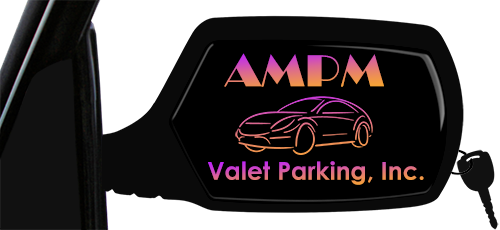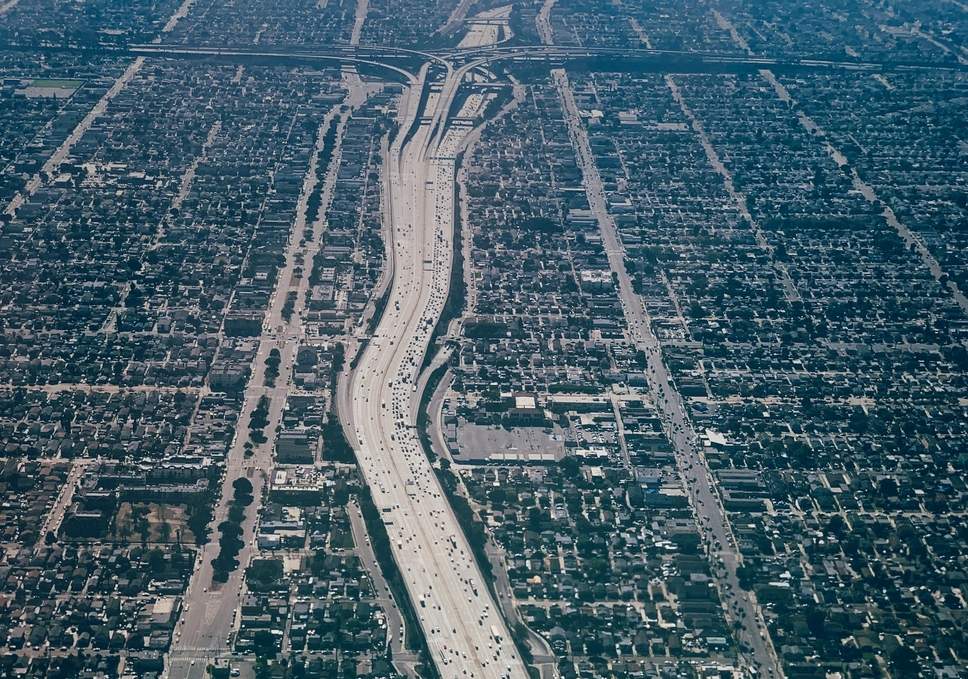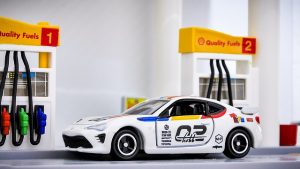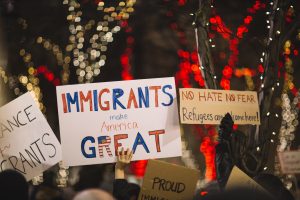The Los Angeles County Metropolitan Transit Authority decided not to widen the 710 freeway last month. After years of debate and discussion, the agency will not move forward with its plan to expand the southern corridor of I-710. MTA officials unanimously voted to scrap the project.
The I-710 southern corridor expansion would have expanded the freeway to ten lanes from Long Beach, the southern terminus, to SR-60. SR-60 crosses I-710 in East Los Angeles. This section of the freeway is a major transportation corridor as it helps connect the ports of Long Beach and Los Angeles. These two ports together account for around 40% of US imports.
The project’s goal was to reduce traffic on the freeway, particularly idling diesel trucks.However, local groups pointed to the concept of induced demand as a major reason not to move forward. They also noted that the areas surrounding the freeway have some of the worst air quality in Los Angeles County.
The proposed expansion would have cost Caltrans $6 billion to complete.
The I-710 corridor faced massive opposition from local interest groups
I-710 is one of the most controversial freeways in California. You may remember that its northern corridor was never completed thanks to opposition from the City of South Pasadena. Its intended northern terminus in Pasadena sits uncompleted. There are no plans to link the small northern section with the rest of the freeway.
Both corridors faced opposition from neighborhood interest groups. The opposition to the I-710 southern corridor expansion included the East Yard Communities for Environmental Justice. Groups like EYCEJ pointed out issues of equity in their opposition. 83% of the more than 1 million people living along I-710 identify as Black or Hispanic. Their exposure to air in an area dubbed the “diesel death zone” is seen as a major environmental injustice affecting people of color.
Widening the corridor, the groups said, would cause more people to use the freeway, thereby worsening already poor air quality. Without the widening project, there should be less traffic on the freeway. This will have cascading positive effects on the region, from cleaner air to more availability of parking in lots and on streets. Groups like EYCEJ worked tirelessly for decades in order to oppose the project. Now, Caltrans must find a new path forward for port traffic.

 With Us"
With Us"



